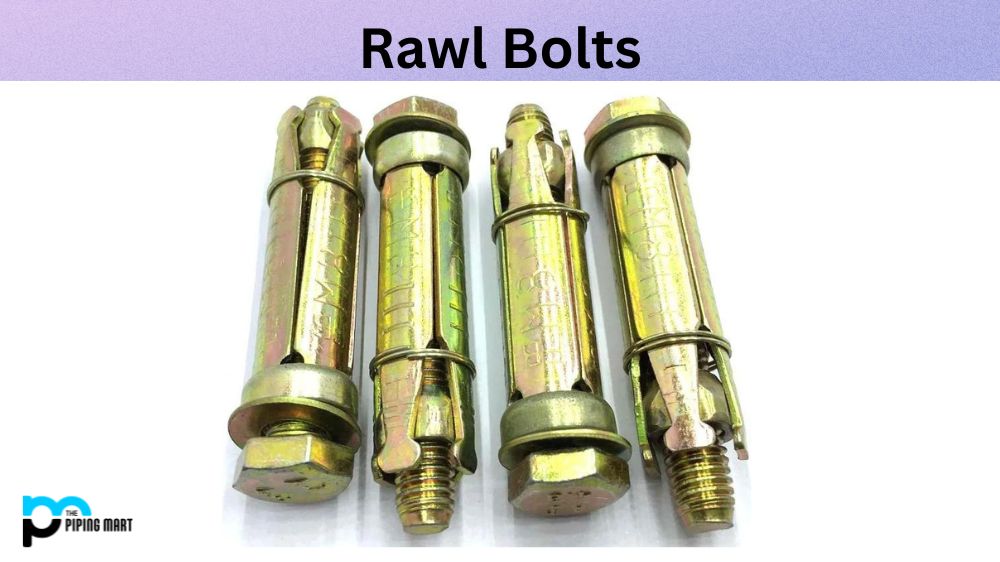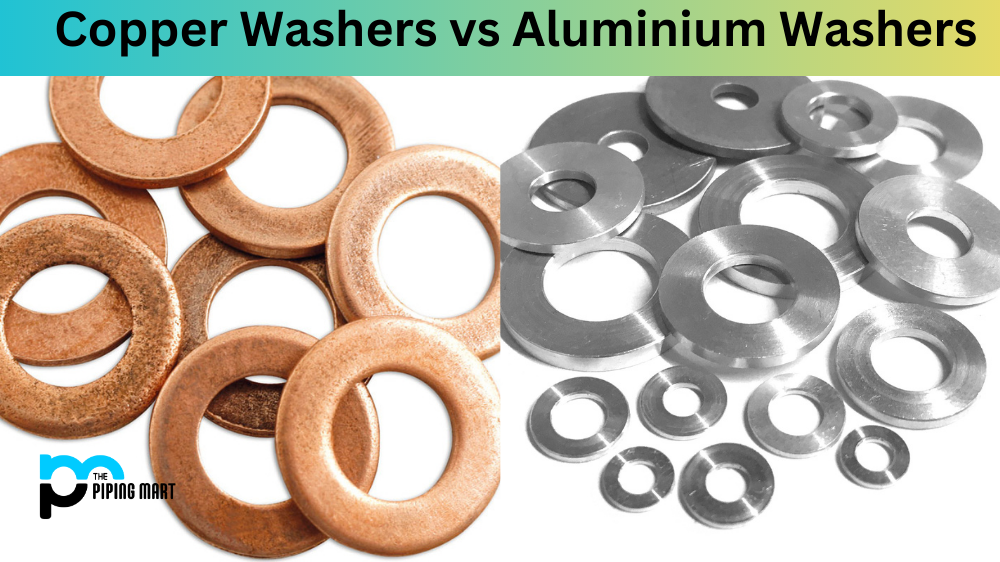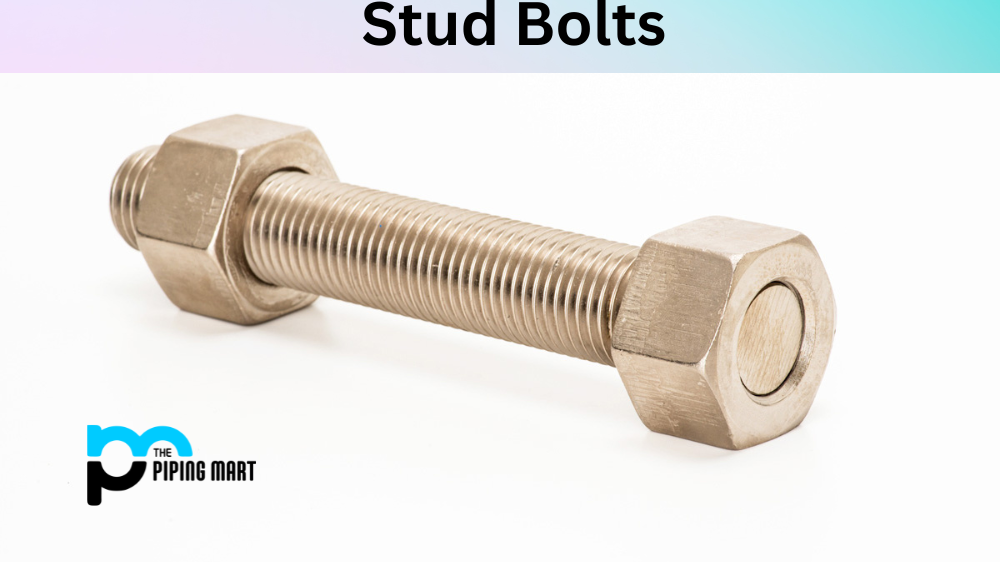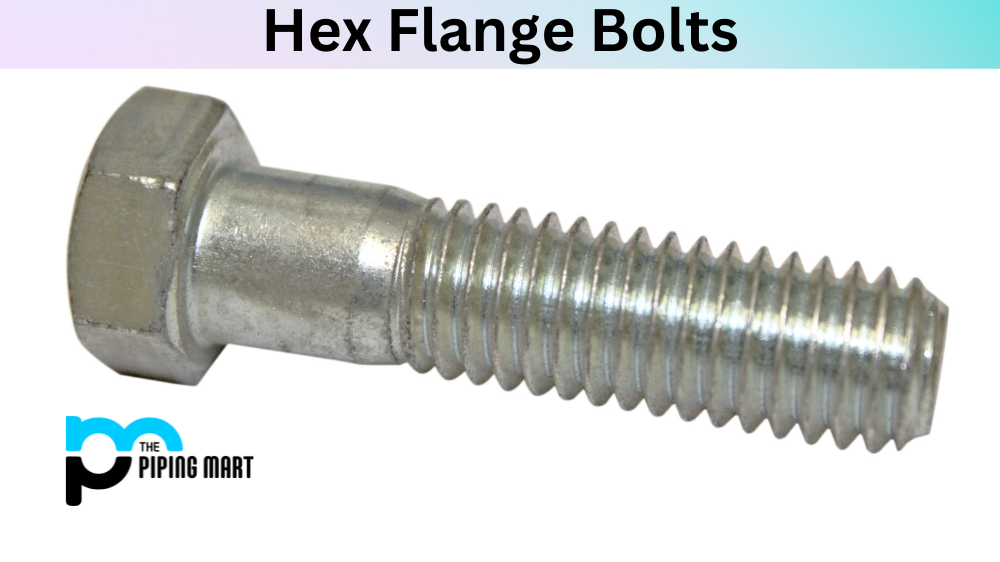You’ve probably heard of a Rawl bolt if you’re in the construction industry or are interested in DIY projects. Rawl bolts are mechanical fasteners anchoring heavy fixtures, structures, or equipment to concrete, brick, or other solid materials. Although Rawl bolts are widely used in many construction projects, they are only sometimes the go-to solution for every fastening need. In this blog post, we’ll look at the advantages and disadvantages of Rawl bolts to help you decide if they are the right choice for your project.
Advantages of using Rawl Bolt
Strong and Durable: Rawl bolts are incredibly strong and durable, making them an ideal choice for heavy-duty applications. Unlike other fasteners that may loosen or break over time, Rawl bolts can withstand high loads and remain securely fastened for extended periods.
Versatile: Rawl bolts are compatible with various materials, including concrete, brick, and stone. This flexibility makes them a great option for various construction projects, from small DIY endeavours to large-scale commercial ventures.
Easy to Install: Installing Rawl bolts is a relatively straightforward process that requires minimal tools. The bolts are inserted into a pre-drilled hole and secured with a torque wrench tightening tool.
Disadvantages of using Rawl Bolt
Not Suitable for All Materials: Rawl bolts can be used on various materials, but they are not suitable for softer materials like wood or plasterboard. Using Rawl bolts on these materials could lead to cracks or damage to the surface.
Requires Precision Installation: Rawl bolts are easy to install but require precision installation to ensure the correct load-bearing capacity. The bolts must be inserted to the exact depth and torque specification to maintain a secure connection.
Limited reusability: Depending on how far into the material Rawl bolts are installed, they can be difficult to remove without damaging the material. This could result in the need for additional repairs or replacements, leading to increased costs and downtime.
Conclusion:
In conclusion, Rawl bolts offer numerous advantages, including strength, durability, and ease of installation. However, they also have some limitations, such as needing to be more for use on all materials and limited reusability. When considering whether Rawl bolts are the right choice for your project, weighing the pros and cons against your specific needs and requirements is essential. By doing so, you can ensure that you select the right fastening solution for your specific project, ensuring a reliable and durable result.

Abhishek is a seasoned blogger and industry expert, sharing his insights and knowledge on various topics. With his research, Abhishek offers valuable insights and tips for professionals and enthusiasts. Follow him for expert advice on the latest trends and developments in the metal industry.




